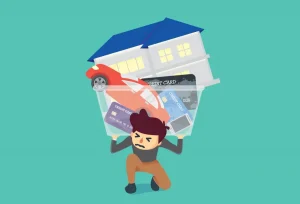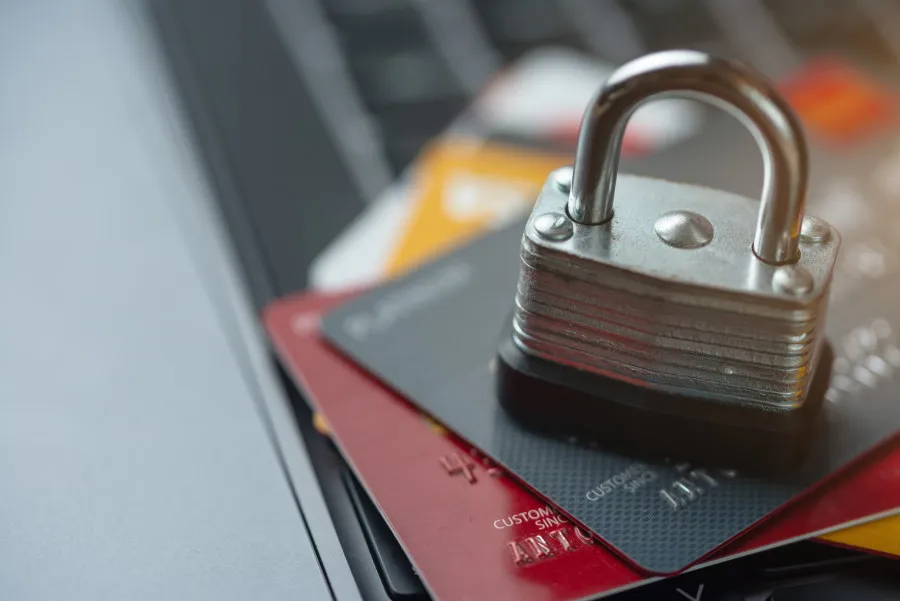Most debts that are taken out by consumers usually fall under two categories: secured debts or unsecured debts. Whilst the description of these debts seems pretty self-explanatory, it’s important to understand the differences between the two types of debt before you take them out or if you need to prioritise one over the other due to a change in your circumstances.
What’s the main difference between a secured and unsecured debt?
A secured debt is a loan or form of credit that is ‘secured’ against an asset, like a home, car, or high-value item such as jewellery. Secured debts are usually for a larger sum of money hence the reason why the creditor will secure it against an asset. The most common forms of secured debts are:
Conversely, an unsecured debt is a form of credit that is not secured against anything you own and will typically involve smaller sums of money. You may find, however, that the interest rates are a lot higher because there is no security for the lender. Examples of unsecured debts include:
Which debts are more important?
Whilst you should try to maintain payments to all of your debts in-line with the original contractual agreement, you may experience a change in your situation where this is not feasible or affordable for you.
Secured debts are more important to maintain payments to in the short-term due to the swift and severe repercussions of failing to adhere to the agreement. For example, if you fail to make payments to your mortgage or secured loan, your house could be repossessed or if you fall behind with the car hire-purchase agreement, your vehicle could be taken away. Due to this, we’d recommend treating your secured debts as more of a priority than your unsecured debts.
 But don’t just ignore your unsecured debts! If you fail to maintain payments to your unsecured debts, there can still be consequences: you may receive threatening contact from the creditor, they may look to apply interest or charges in accordance with their terms and conditions, and your credit rating may be adversely affected through missed payment ‘markers’ or even a default.
But don’t just ignore your unsecured debts! If you fail to maintain payments to your unsecured debts, there can still be consequences: you may receive threatening contact from the creditor, they may look to apply interest or charges in accordance with their terms and conditions, and your credit rating may be adversely affected through missed payment ‘markers’ or even a default.
Furthermore, if repayments to an unsecured debt are not made for a long time, the creditor can contact the court to try to recoup the debt through a County Court Judgement (CCJ). If a CCJ is granted and you fail to comply with this then a charging order can be registered against your home (if you own it).
Still need help?
We get it – debt can be overwhelming! If you’re struggling with any secured debts, we’d recommend contacting the lender; you can tell them your circumstances and ask if there is anything that they can do to help you until your situation becomes more stable. If you have any unsecured debts that you need help with, we can offer support and advice on all UK-based financial solutions and can even provide Debt Management Plans (DMPs), Individual Voluntary Arrangements (IVAs), and Debt Relief Orders (DROs).
You’ll find our confidential Online Debt Advice Tool a helpful step in the right direction or you can contact us on 01925 599400 and speak in confidence with an expert advisor. It’d help to have a list of your monthly income and spending details to hand before you start looking for advice, so grab your bank statement and wage slip and get started.


